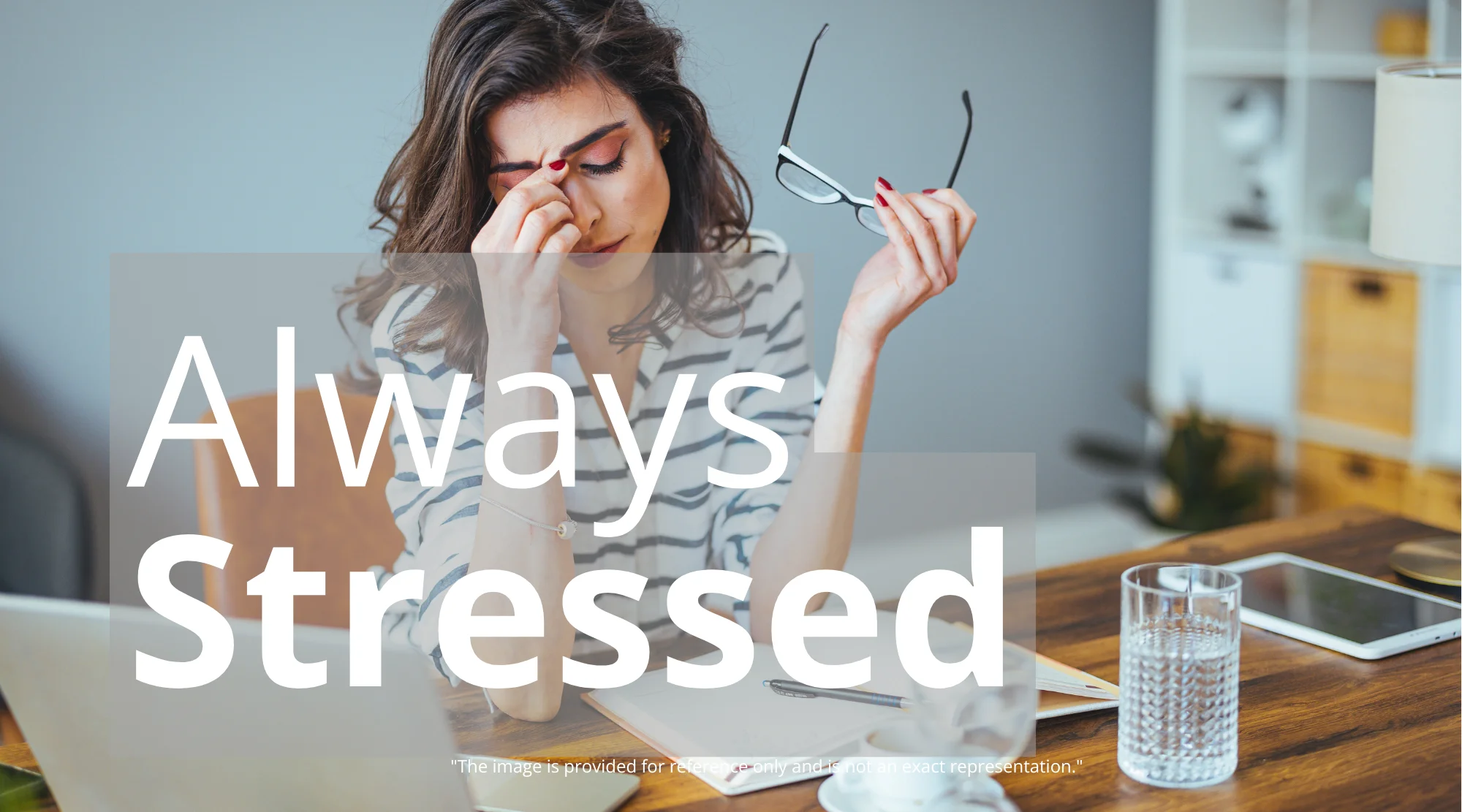Boost Your Well-being: Science-Backed Habits for Young Adults
Are you a young adult navigating the complexities of life? Feeling overwhelmed by the pressures of work, studies, social life, and finances? You’re not alone. Recent research highlights the profound impact of lifestyle choices on mental well-being in this crucial life stage. This article will explore three science-backed habits that can significantly improve your mental health and overall quality of life, based on the latest studies and expert insights. Implement these strategies, and you’ll be well on your way to thriving, not just surviving.

The Power of Sleep: Restoring the Mind and Body
The first pillar of mental well-being is often the most neglected: sleep. Research consistently demonstrates a strong correlation between sleep quality and mental health in young adults. Poor sleep can exacerbate stress, anxiety, and even contribute to depression. Conversely, getting adequate, restful sleep can significantly improve mood, cognitive function, and overall emotional resilience.
Why Sleep Matters for Young Adults
Young adults face unique challenges that can disrupt sleep patterns. Late-night studying, social engagements, and financial anxieties can all lead to sleep deprivation. This lack of sleep then intensifies those stressors, creating a vicious cycle. Prioritizing sleep isn’t just about feeling tired; it’s about setting yourself up for success in every area of your life. As a first step, learn how to optimize your sleep and improve your mental health by reading this article: Weighted Blankets: Unveiling the Benefits for Anxiety Relief, Sleep, and Relaxation.
Practical Steps to Improve Sleep
- Establish a Consistent Sleep Schedule: Go to bed and wake up around the same time every day, even on weekends. This helps regulate your body’s natural sleep-wake cycle (circadian rhythm).
- Create a Relaxing Bedtime Routine: Wind down before bed with activities like reading, taking a warm bath, or listening to calming music.
- Optimize Your Sleep Environment: Ensure your bedroom is dark, quiet, and cool. Invest in comfortable bedding.
- Limit Screen Time Before Bed: The blue light emitted by electronic devices can interfere with sleep. Avoid using phones, tablets, and computers for at least an hour before bed.
- Watch Your Diet and Exercise: Avoid caffeine and alcohol before bed. Regular physical activity can improve sleep quality, but avoid intense workouts close to bedtime.
Nourishing Your Body, Nourishing Your Mind: The Role of Diet
The second essential habit is a balanced and nutritious diet. The impact of food on mental health is undeniable. Eating a diet rich in fruits, vegetables, and whole foods provides the body with essential nutrients that support optimal brain function. Conversely, a diet high in processed foods, sugar, and unhealthy fats can contribute to mood disorders, anxiety, and fatigue.
The Brain-Boosting Power of Fruits and Vegetables
Fruits and vegetables are packed with vitamins, minerals, and antioxidants that protect brain cells from damage and promote healthy cognitive function. For young adults, this can translate to improved focus, memory, and overall mental clarity. Consider adding these types of foods to your diet for better results:
- Leafy Greens: Spinach, kale, and other leafy greens are rich in vitamins and minerals.
- Berries: Blueberries, strawberries, and raspberries are packed with antioxidants.
- Colorful Vegetables: Bell peppers, broccoli, and carrots offer a variety of nutrients.
Building a Diet for Mental Well-being
- Prioritize Whole Foods: Focus on unprocessed foods like fruits, vegetables, lean proteins, and whole grains.
- Limit Processed Foods, Sugary Drinks, and Unhealthy Fats: These foods can negatively impact both physical and mental health.
- Stay Hydrated: Dehydration can impair cognitive function and worsen mood. Drink plenty of water throughout the day. Find the link between hydration and mental health here: Hydration & Stress: The Surprising Link That Can Change Your Life.
- Consider Supplements: If you struggle to get enough nutrients from your diet, consult with a healthcare professional about potential supplements.
The Mediterranean Diet
One dietary approach that has consistently shown benefits for both physical and mental health is the Mediterranean diet. This diet emphasizes fruits, vegetables, whole grains, lean proteins, and healthy fats (like olive oil) while limiting red meat and processed foods.
Move Your Body, Boost Your Mood: The Importance of Physical Activity
The third crucial habit is regular physical activity. Exercise is a powerful tool for managing stress, improving mood, and enhancing cognitive function. For young adults, who may face significant stress levels, incorporating exercise into their routine can be a game-changer.
The Science Behind Exercise and Mental Health
Exercise releases endorphins, natural mood boosters that have antidepressant and anxiolytic effects. It also improves blood flow to the brain, which enhances cognitive function and promotes the growth of new brain cells. Regular physical activity has been shown to reduce symptoms of depression and anxiety and improve overall mental well-being.
Making Exercise a Habit
- Find Activities You Enjoy: Choose exercises that you find fun and engaging, whether it’s running, swimming, dancing, or team sports.
- Set Realistic Goals: Start with small, achievable goals and gradually increase the intensity and duration of your workouts.
- Schedule Your Workouts: Treat your workouts like any other important appointment. Schedule them in your calendar and stick to them.
- Make it Social: Exercising with friends or family can make it more enjoyable and help you stay motivated.
- Mix It Up: Vary your workouts to prevent boredom and keep your body challenged. Consider incorporating strength training, cardio, and flexibility exercises. Consider incorporating Samurai-Inspired Exercises: Boost Strength, Balance, and Well-being for a Healthier You: https://befullbehealth.com/2025/samurai-inspired-exercises-boost-strength-balance-and-well-being-for-a-healthier-you/
Incorporating Movement into Your Daily Life
If traditional workouts aren’t your thing, there are many other ways to incorporate movement into your daily life:
- Take the stairs instead of the elevator.
- Walk or bike to work or school.
- Take active breaks during your workday.
- Stand up and move around every hour.
- Try a standing desk.
- Explore outdoor activities like hiking or kayaking. You can read about how to maximize calorie burn and boost joint mobility in this article: 30-Minute Walking Workout: Maximize Calorie Burn and Boost Joint Mobility
The Synergistic Effect: Combining Habits for Maximum Impact
The true power of these three habits lies in their synergistic effect. When you combine good sleep, a healthy diet, and regular exercise, the benefits are amplified. For example, getting enough sleep can make you more likely to choose healthy foods and have the energy to exercise. Similarly, eating a nutritious diet can improve your sleep quality and boost your energy levels.
Creating a Holistic Approach to Well-being
Instead of viewing these habits as isolated practices, consider them as interconnected components of a holistic approach to well-being. Focus on making small, consistent changes over time rather than trying to overhaul your lifestyle overnight. Remember that progress isn’t always linear, and it’s okay to have setbacks. The key is to keep trying and to be kind to yourself throughout the process.
Mental Health and Social Media
Social media can significantly affect young adults’ mental well-being. While it offers connection, it also presents risks. Cyberbullying, comparison to others, and unrealistic portrayals of life can trigger anxiety and depression. Limiting screen time and being mindful of social media use is crucial.
Strategies for Safe Social Media Use
- Set Time Limits: Allocate specific times for social media.
- Unfollow Negative Accounts: Curate your feed to prioritize positivity.
- Focus on Real-Life Connections: Strengthen relationships outside of the digital world.
- Be Mindful of Content: Recognize the potential impact of what you consume.
- Seek Support: If social media negatively impacts your mental health, talk to someone.
The Importance of Seeking Professional Help
While these lifestyle habits can significantly improve mental well-being, they are not a substitute for professional help when needed. If you are experiencing symptoms of a mental health condition, such as persistent sadness, anxiety, or difficulty concentrating, it’s essential to seek help from a qualified mental health professional.
When to Seek Professional Help
- Persistent Symptoms: If you’ve experienced symptoms for more than a few weeks.
- Impact on Daily Life: When symptoms interfere with your ability to function at work, school, or in relationships.
- Thoughts of Self-Harm: If you’re having thoughts of harming yourself or others.
- Significant Distress: If you feel overwhelmed or unable to cope.
Building Resilience and Thriving in Young Adulthood
Young adulthood can be a challenging but rewarding time. By prioritizing sleep, nutrition, and physical activity, young adults can build a strong foundation for mental well-being. Incorporating these science-backed habits into your daily life can lead to improved mood, cognitive function, and overall resilience. Remember to be patient with yourself, celebrate your successes, and seek professional help when needed. You have the power to thrive during this critical stage of life.
Final Thoughts
Embracing these three habits—prioritizing sleep, eating a nutritious diet, and engaging in regular physical activity—is an investment in your future. While the journey to improved mental well-being may not always be easy, the rewards are immeasurable. Start today, and take the first step toward a healthier, happier you. Remember, even small changes can make a big difference. Make these lifestyle c













1 comment